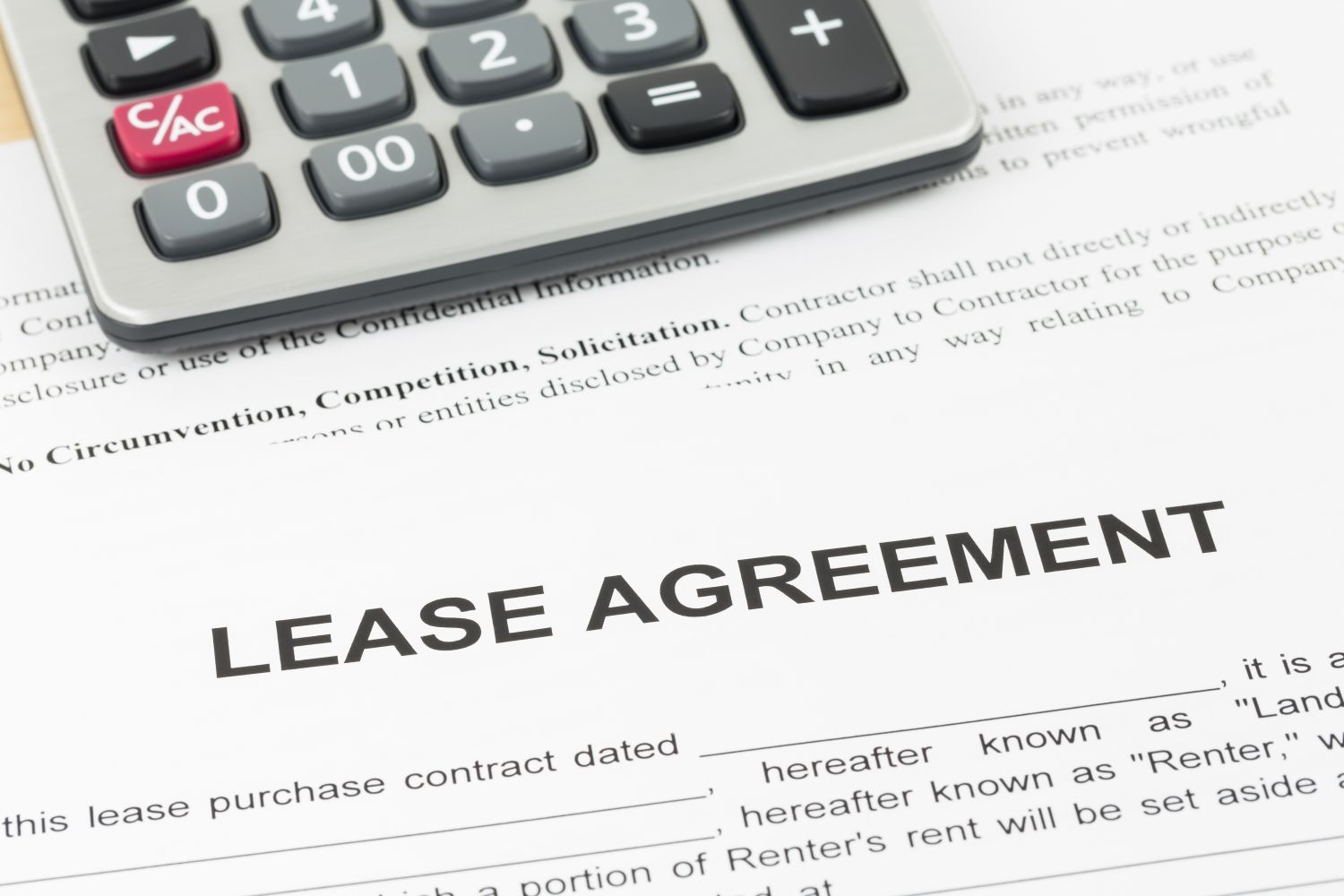When it comes to renting a home, one of the biggest decisions you'll face is choosing between a long-term or short-term lease. This decision will depend on your lifestyle, career goals, and financial plans. Whether you're looking for stability or flexibility, the lease you choose can significantly impact your daily life.
How do you decide which option is best for you? In this blog, we’ll break down the benefits and challenges of both lease types, helping you make an informed decision that aligns with your needs and future plans.
The Benefits of a Long-Term Lease for Tenants
If you're seeking stability and a sense of security, a long-term lease might be the perfect fit for your needs. With most long-term leases lasting a year or more, tenants can enjoy several key benefits.
Stability and Predictability in Rent Payments
One of the biggest advantages of a long-term lease is stability. With a fixed rent amount for the duration of the lease, you don’t have to worry about unexpected rent increases. This predictability helps tenants plan their finances more effectively, knowing exactly how much they’ll pay each month. In areas where rent prices are rising, locking in a long-term lease at today’s rates can offer substantial savings.
Building a Strong Relationship with the Landlord
A long-term lease also provides more opportunities to build a strong relationship with your landlord. Having the same landlord for a longer period fosters trust and mutual understanding. Good landlord-tenant relationships often lead to quicker responses to maintenance issues and a more positive living experience. If you're settled in one location, this relationship can make a big difference in resolving issues and ensuring a smoother tenancy.
When a Short-Term Lease Is the Better Option
While long-term leases have many benefits, there are times when a short-term lease might better suit your needs. If you’re facing an uncertain future or a temporary life change, a short-term lease offers more flexibility.
Flexibility for Life Changes or Temporary Jobs
Short-term leases typically last from a few months to a year, making them ideal for tenants who are in transition. If you're moving to a new city for a temporary job, attending school for a short period, or planning to relocate again soon, a short-term lease would allow you to commit for a shorter duration without being locked in long-term. This flexibility makes it much easier to adapt to changes in your life.
The Trade-Offs of Potentially Higher Rent and Less Security
While short-term leases offer flexibility, there are trade-offs. Rent for short-term leases may be higher compared to long-term leases because landlords typically charge a premium for their flexibility.
Short-term leases also tend to come with less security. You may not have the same stability as a long-term tenant, especially when it comes to renewal options or unexpected rent increases when your lease expires.
How to Decide Which Lease Option Fits Your Lifestyle
It all comes down to weighing your priorities and considering your lifestyle.
Weighing Flexibility vs. Security
The decision often comes down to what you value more: flexibility or stability. If you anticipate moving in the near future or want to keep your options open, a short-term lease may provide the flexibility you need.
However, if you’re looking for peace of mind, a predictable monthly rent payment, and a place to call home for the foreseeable future, a long-term lease could be your best option.
Considering Future Plans and Financial Stability
Think about your future plans. Are you likely to stay in one place for the next few years, or are you unsure about what lies ahead? If you’re still figuring things out or know you may relocate in the near future, a short-term lease could be the way to go.
On the other hand, if you have a stable job, established community ties, and know you’ll be staying put for a while, a long-term lease can offer better security and financial predictability. Choosing the right lease type ultimately depends on your unique needs and circumstances.



.png)